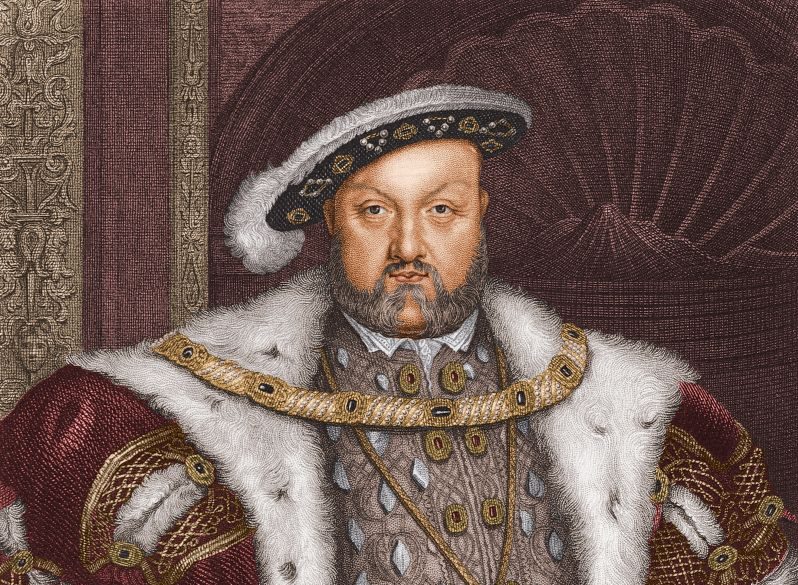After a long wait, Kim Leadbeater’s assisted dying legislation – the Terminally Ill Adults (End of Life) Bill – was published overnight, ahead of its second reading in the Commons on 29 November. The bill has already been subject to much debate in advance of its publication. Now its proponents and critics have the chance to engage with the detail – most critically the safeguards in the bill which are designed to stop abuses.
Opponents of euthanasia and assisted dying frequently point to the ‘slippery slope’ which they suggest is inevitable once it is legalised, highlighting misuse in other jurisdictions such as Canada. They claim that older people will feel that they are a burden, or that pressure will be brought to bear on the vulnerable by relatives who hope to inherit money. They essentially argue assisted dying is mendacity disguised as altruism.
The new bill’s sponsor, Kim Leadbeater, is keen to demonstrate that her legislation would not allow this and is designed only to allow doctors to assist adults who are terminally ill to end their own lives in limited circumstances. Children, those who are disabled (but not terminally ill), and those who are thought to have more than six months to live are excluded from the bill at introduction.
The term ‘terminally ill’ is defined. The bill makes clear that it applies only to a ‘progressive illness, disease or medical condition which cannot be reversed by treatment’. Any condition would be expected to cause death ‘within six months.’ The person seeking assistance would be required to meet with two separate doctors to ensure that they have a ‘clear, settled and informed wish to end their own life’ and are not being coerced or pressured.
While a doctor would be entitled to help a patient ingest or self-administer an ‘approved substance’ which would result in their death, they would not be able to administer that substance themselves. No doctor would be required to assist in a patient’s death.
A further safeguard, which might be considered more questionable, is a requirement for the approval of the High Court. This proposal has been criticised by the former President of the Family Division, Sir James Munby, who has asked what use a judge might be in these circumstances. I tend to agree. For the assisted dying process to work efficiently, a High Court ruling would have to be little more than a rubber stamp.
Whatever the protections contained in the bill, some will still have moral or religious objections. By contrast, proponents (myself included) argue that assisted dying is an important part of human rights, human dignity and bodily autonomy.
The UK courts and the European Court of Human Rights have yet to recognise a right to assisted dying, or euthanasia. However, in the 2014 case of Nicklinson, some members of the Supreme Court expressed disquiet at the state of UK law. Eventually, the court determined it should be for Parliament to rectify any deficiencies in the law. Parliament has singularly failed to do so.
There have been legal cases on the continent which support the idea that assisted dying is an issue of human dignity and self-determination. In 2020 the German Constitutional Court ruled that the general right of personality encompasses a right to a self-determined death. The Italian Constitutional Court made a similar ruling in 2019.
Some lawyers have warned that if the UK legalises assisted dying, but not for those who would be physically incapable of taking a pill or treatment themselves, the European Court of Human Rights would find against the UK on the basis of discrimination in treatment.
This seems a stretch. The Strasbourg court considered a similar issue in a case called Karsai v Hungary in 2024. The claimant, who suffers from motor neurone disease, complained of discrimination compared to terminally ill patients, who could ask for their treatment to be withdrawn. In a nuanced decision, the court noted that the majority of Council of Europe states continue to prohibit both assisted suicide and euthanasia. The state has a wide discretion. While any discrimination would have to be objectively and reasonably justified, it is evident that there is a real distinction, both morally and legally, in providing a person with the means to end their own life and the state asking a doctor to kill a person directly. Other European states make this distinction between euthanasia and assisted dying.
The bigger challenge may eventually come if the UK does nothing. While Strasbourg has declined to recognise a right to assisted dying, in the Karsai judgment the court noted that the law should be kept under review in the light of developments in European societies. Many European states, including Germany, France, Portugal, Spain, Belgium, Austria, Switzerland and the Netherlands allow some form of assisted dying. It has also been legalised in Canada, Australia, New Zealand and some American states. Arguably, the UK will find itself in a worse situation if assisted dying becomes the norm and the UK government fails to devise a satisfactory response.
Whether or not those opposed to Leadbeater’s bill are successful in defeating it in the Commons this month, they are likely to find that they are on the losing end of this battle. Given the state of public opinion, the policy will continue to be resurrected until it is enacted in some form. Like the monster in a horror film franchise, the idea may be pierced through the heart but never killed. Kim Leadbeater has opted for a pragmatic compromise with this bill: many would have liked her to go much further. Those set against her should reflect on that before they vote against it.







Comments